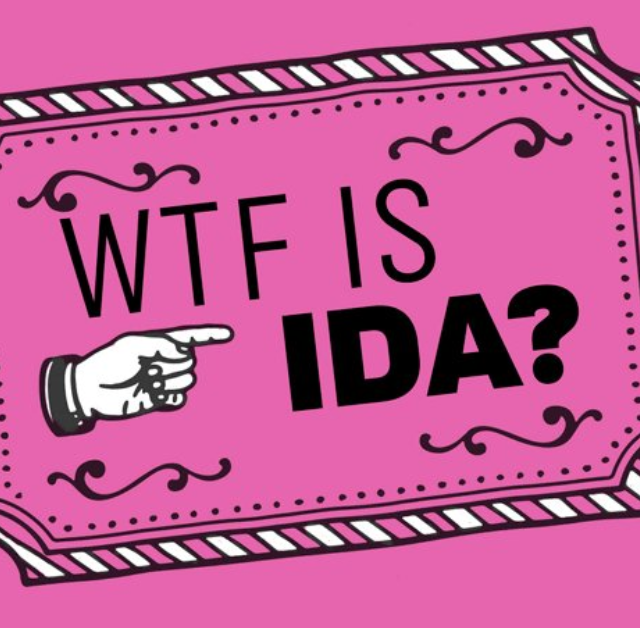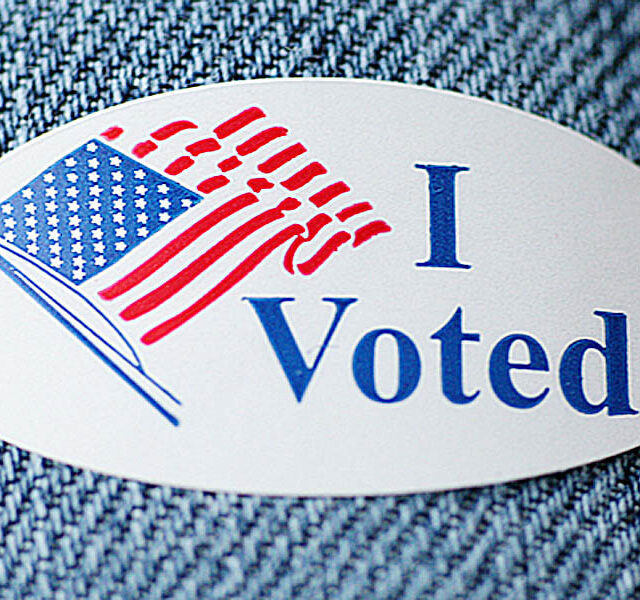Is South Africa closer to the dream of becoming a Rainbow Nation 18 years post apartheid?
“The Day of Reconciliation” is a public holiday in South Africa held annually on December 16. The holiday came into effect in 1994 after the end of apartheid, with the intention of fostering reconciliation and national unity.
It is important to note that this day has historically been recognized by two opposing sides. On one hand, South Africans of Dutch descent use this day to commemorate the victory at the Battle of Blood River and on the other hand, the birth of the armed wing of the African National Congress (ANC).
So, before writing this post I asked around and received opinions from a few South Africans from different ethnic and socio-economic backgrounds about how they felt about the day and whether indeed they felt it was a reconciled country. I received a variety of views, but the common sentiment is that while South Africa can celebrate the tremendous progress achieved since the dark era of apartheid, this “Rainbow nation” still has some work to do on reconciling its citizens.
The scars and wounds of apartheid still run deep in this country, and despite best efforts and intentions, racial and socio-economic tension still grip parts of South Africa. Having said that, it has made impressive gains such as access to primary education, electricity and telecommunications.
However, it is important to remember that reconciliation as with democracy is a work in-progress and takes time more than anything, with all the effort and good intentions in the world never circumventing what time can do. We are now in 18th year of this beautiful country’s democracy and independence from minority rule, and yet the world and maybe South Africa itself, expect this country to be a model of “democracy” and reconciliation in Africa.
Is this a realistic expectation? It took Western Europe two world wars to achieve a measure of reconciliation and begin the building block of the European Union. It took almost 100 years from end of the civil war and abolition of slavery until substantial gains in the civil rights movement were made, and almost 50 years after that for America to have a president of color. History has shown us that such milestones take time, and South Africa should not be treated any differently.
Rather than holding this country to unrealistic standards of reconciliation, we must celebrate the remarkable achievements it has made in such a short time. It is clear that the intentions of “the Day of Reconciliation” were good. This day should continue celebrating South Africa’s continuing achievements and gains toward a more equitable state.
This post was originally published on the ONE Africa Blog.



